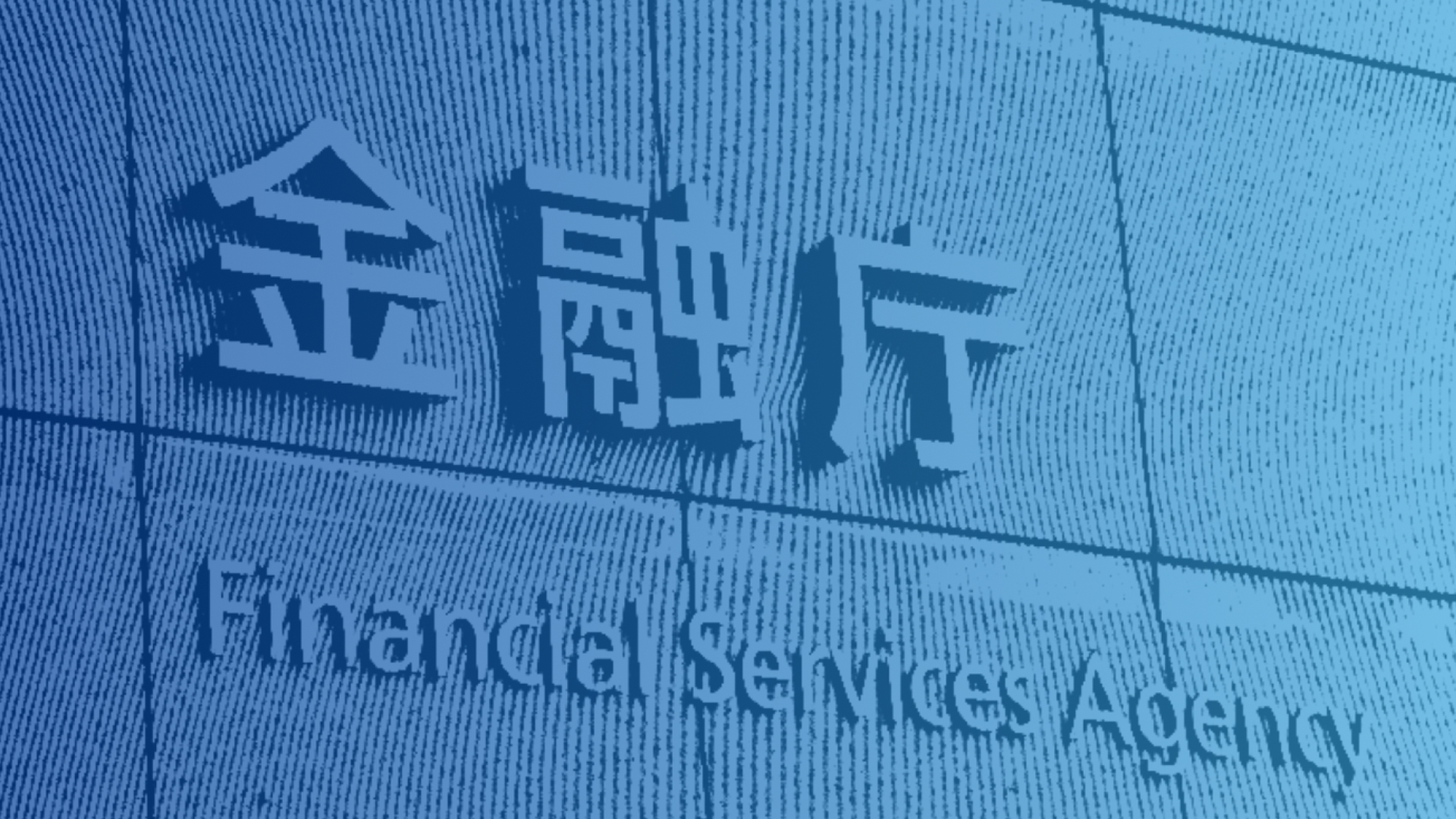Japan's Financial Services Agency recently issued a statement urging global regulators to consider treating cryptocurrencies and digital assets in the same manner as banks.
According to the Japanese regulator (FSA), crypto should be controlled in much the same way that traditional financial institutions have been regulated in the past few decades. Tighter regulatory oversight over the crypto sector would mean adopting standards and policies that are at par with what banks and digital "neobanks" aspire to.
“If you like to implement effective regulation, you have to do the same as you regulate and supervise traditional institutions,” opines Mamoru Yanase, deputy director-general of the country's Financial Services Agency - Strategy Development and Management Bureau.
This varies from country to country, though, and while Japan's financial regulatory climate has often been perceived as carrying with it a good reputation, the fact that crypto projects, exchanges, and even fledgling protocols that introduce new technologies to the sector operate from different approaches and use cases may prove difficult in terms of policy implementation.
To say the least, implementing "blanket" rules and policies specifically for the crypto sector may harm investment flows for the domestic Japanese crypto market.
The urgency of such an idea can be felt as more and more pressure is dealt to global regulators. According to Yanase, the Japanese FSA's stance on crypto regulation is tangentially different from that of their U.S. counterparts, who are inclined to think that crypto and the technology it represents is the core problem. To the Japanese regulators, it's with how rules and standards are upheld without any sort of special treatment.
"What’s brought about the latest scandal isn’t crypto technology itself [...] it's the loose governance, lax internal controls, and the absence of regulation and supervision," Yanase said.
One could argue that the statement from Japan's FSA is largely conditioned by recent tragedies in the industry. The FTX fiasco, continued DeFi exploits, the still-unperturbed crypto winter, and the proliferation of Ponzi-scheme type scams across lower segment crypto markets: these are just some of the concerns that regulators like Japan's FSA have to face. These are also the same factors that regulators continue to be vigilant about, and ideas such as this are welcome albeit without the requisite amount of criticism.
All this is, of course, also being done in the interest of protecting crypto consumers. Demands for money laundering prevention, strong governance, internal controls, auditing and disclosure for crypto brokerages have been laid down for all global regulators, stemming from the initiative of Japan's FSA.
According to Yanase, the proposal has already been forwarded to the Financial Stability Board, a global organization working on regulatory compliance across the digital asset industry.
Disclaimer: This article is provided for informational purposes only. It is not offered or intended to be used as legal, tax, investment, financial, or other advice. Opinions stated herein are solely of the author's, and hence do not represent or reflect CryptoDaily's position on the matter.
Investment Disclaimer












